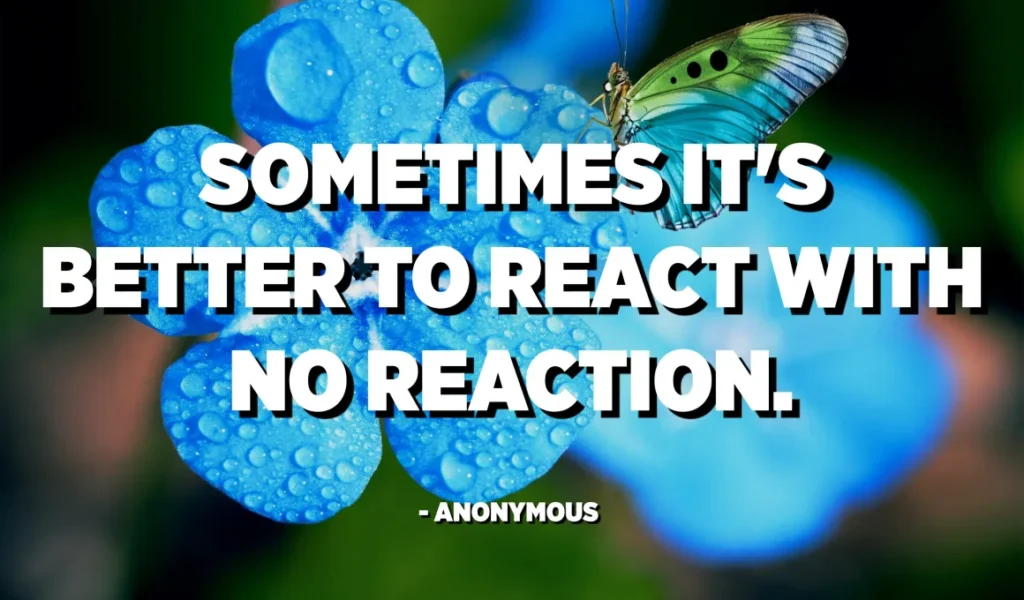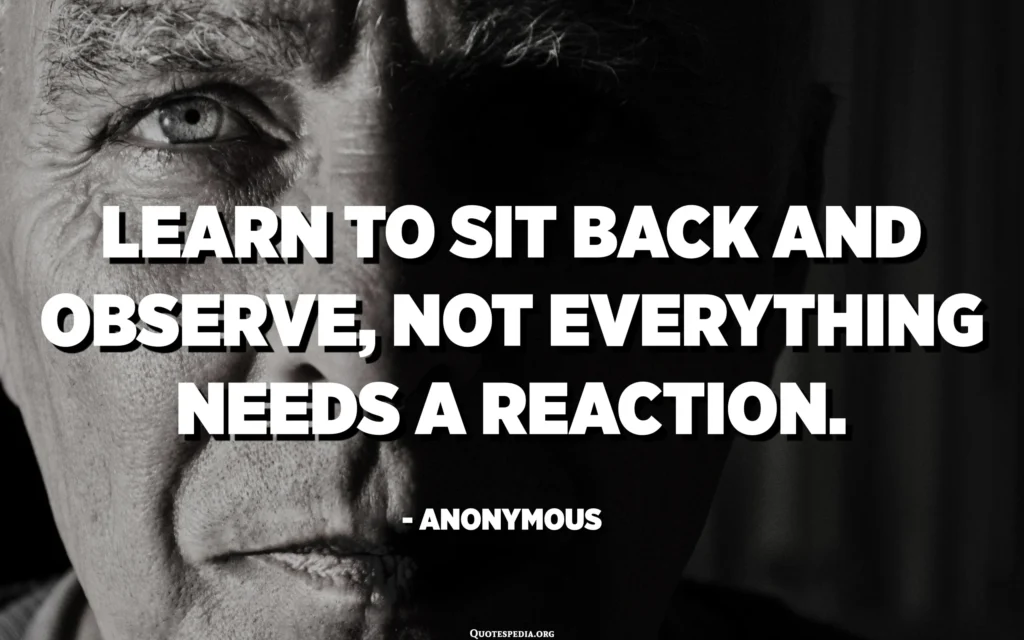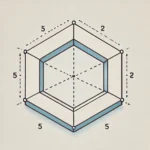In a world that constantly pushes us towards action, the art of sitting back and observing is often overlooked. However, this skill can lead to deeper understanding, better decision-making, and increased mindfulness. This article explores the significance of Learn To Sit Back and Observe. Not Everything Need – Tymoff without immediate action, offering insights into its benefits and practical applications.
The Importance of Learn To Sit Back and Observe. Not Everything Need – Tymoff
Observation is a fundamental aspect of human cognition, allowing us to gather information, understand complex systems, and make informed decisions. By taking a step back and observing, we can gain new perspectives and avoid impulsive reactions that might not serve us well in the long run.
Psychological Benefits

Enhanced Mindfulness
Observing without acting immediately encourages mindfulness, a state of active, open attention to the present. Mindfulness helps reduce stress, improve focus, and increase emotional regulation.
Improved Patience
Patience is a virtue often nurtured through observation. Learning to wait and watch situations unfold can lead to more thoughtful and deliberate actions.
Better Decision-Making
Observing situations thoroughly before acting can lead to better decision-making. It allows time to consider all possible outcomes and choose the best course of action.
Practical Applications
In Personal Relationships
In personal relationships, taking the time to Learn To Sit Back and Observe. Not Everything Need – Tymoff can lead to deeper understanding and empathy. It allows us to see things from the other person’s perspective and respond more thoughtfully.
In the Workplace
In a professional setting, observation can help identify underlying issues and opportunities for improvement. Leaders who Learn To Sit Back and Observe. Not Everything Need – Tymoff before acting can make more strategic decisions and foster a more collaborative environment.
In Learn To Sit Back and Observe. Not Everything Need – Tymoff and Development
Observation is a key component of Learn To Sit Back and Observe. Not Everything Need – Tymoff experts and analyzing their methods, we can improve our own skills and knowledge.
Techniques for Effective Observation
Mindful Watching
Engage in activities like meditation and deep breathing to enhance your ability to Learn To Sit Back and Observe. Not Everything Need – Tymoff mindfully.
Journaling
Keep a journal to record your observations and reflect on them. This practice can help solidify your understanding and uncover patterns.
Active Listening
Focus on truly listening to others without planning your response. This can improve your communication skills and deepen your relationships.
Environmental Scanning
Regularly scan your environment to stay aware of changes and trends. This is particularly useful in business and strategic planning.
Overcoming Challenges
Overcoming Impulsivity
Combat the urge to act impulsively by practicing self-control techniques, such as counting to ten before reacting or taking deep breaths.
Dealing with Discomfort
Observing without acting can sometimes be uncomfortable. Acknowledge this discomfort and remind yourself of the benefits of thoughtful observation.
Building the Habit
Incorporate observation into your daily routine. Start with small steps, like dedicating a few minutes each day to mindful observation.
Personal Stories and Case Studies
Real-Life Examples
Explore stories of individuals who have benefited from adopting a more observational approach in their lives. These stories can provide inspiration and practical insights.
Expert Insights
Quotes from Professionals
Include insights from psychologists, mindfulness experts, and business leaders on the power of observation.
FAQs: Learn To Sit Back and Observe. Not Everything Need – Tymoff
What does it mean to Learn To Sit Back and Observe. Not Everything Need – Tymoff?
Sitting back and observing means taking a step back from immediate action or response and carefully watching and analyzing situations, behaviors, or environments to gain deeper insights and understanding.
Why is observation important?
Observation is crucial because it allows us to gather information, understand complex systems, make informed decisions, and gain new perspectives. It helps in avoiding impulsive reactions and fostering a more thoughtful and strategic approach to situations.
How can observation enhance mindfulness?
Observation enhances mindfulness by encouraging a state of active, open attention to the present moment. This practice reduces stress, improves focus, and enhances emotional regulation, contributing to overall well-being.
What are the benefits of practicing patience through observation?
Practicing patience through observation leads to more thoughtful and deliberate actions. It helps in making better decisions, improving relationships, and developing a deeper understanding of various situations.
How can observing improve decision-making?
Observing before acting allows individuals to consider all possible outcomes and choose the best course of action. It provides a comprehensive view of situations, leading to more informed and effective decisions.
How can observation be applied in personal relationships?
In personal relationships, observation fosters empathy and understanding. By observing and truly listening to others, we can respond more thoughtfully, addressing underlying issues and strengthening our connections.
How is observation useful in the workplace?
In the workplace, observation helps identify underlying issues and opportunities for improvement. Leaders who Learn To Sit Back and Observe. Not Everything Need – Tymoff before acting can make more strategic decisions, create a collaborative environment, and address problems effectively.
What are some techniques for effective observation?
Effective observation techniques include mindful watching, journaling, active listening, and environmental scanning. These practices help in enhancing mindfulness, recording insights, improving communication skills, and staying aware of changes and trends.
How can I overcome the urge to act impulsively?
To overcome impulsivity, practice self-control techniques such as counting to ten before reacting, taking deep breaths, and reminding yourself of the benefits of thoughtful observation. Developing these habits can help in managing impulsive behaviors.
What should I do if observing without acting feels uncomfortable?
Acknowledge the discomfort and remind yourself of the long-term benefits of thoughtful observation. Gradually build the habit of observing by dedicating a few minutes each day to mindful observation and reflection.
Can you share some personal stories or case studies about the benefits of observation?
Personal stories and case studies highlight real-life examples of individuals who have benefited from adopting an observational approach. These narratives provide inspiration and practical insights into the positive impact of observation.
What do experts say about the power of observation?
Experts, including psychologists, mindfulness practitioners, and business leaders, emphasize the power of observation in enhancing mindfulness, improving decision-making, and fostering better relationships. Their insights underline the importance of this skill in personal and professional growth.
How can I incorporate observation into my daily routine?
Incorporate observation into your daily routine by starting with small steps. Dedicate a few minutes each day to mindful watching, journaling your observations, practicing active listening, and scanning your environment for changes and trends. Gradually, these practices will become a natural part of your routine.
What is the overall impact of learning to sit back and observe?
Learn To Sit Back and Observe. Not Everything Need – Tymoff can profoundly impact various aspects of life. It enhances mindfulness, improves decision-making, fosters better relationships, and promotes personal and professional growth. Embracing this practice leads to a more thoughtful and effective approach to life’s challenges.
Conclusion
Learn To Sit Back and Observe. Not Everything Need – Tymoff is a valuable skill that can profoundly enhance various aspects of our lives. By cultivating mindfulness, improving our decision-making processes, and fostering deeper, more empathetic relationships, we can navigate the complexities of life with greater clarity and intention. Observation allows us to see beyond the surface, understand underlying patterns, and make more informed, thoughtful decisions that benefit us and those around us.
Embracing the art of observation also contributes to personal and professional growth. It encourages patience, reduces impulsivity, and promotes a more reflective approach to challenges and opportunities. By integrating observational practices into our daily routines, we can develop a greater awareness of our surroundings and interactions, leading to a more balanced and fulfilling life. Start today by taking small steps towards mindful observation and discover the significant impact it can have on your overall well-being and success.
Read Also: IT IS NOT WISDOM BUT AUTHORITY THAT MAKES A LAW – TYMOFF







